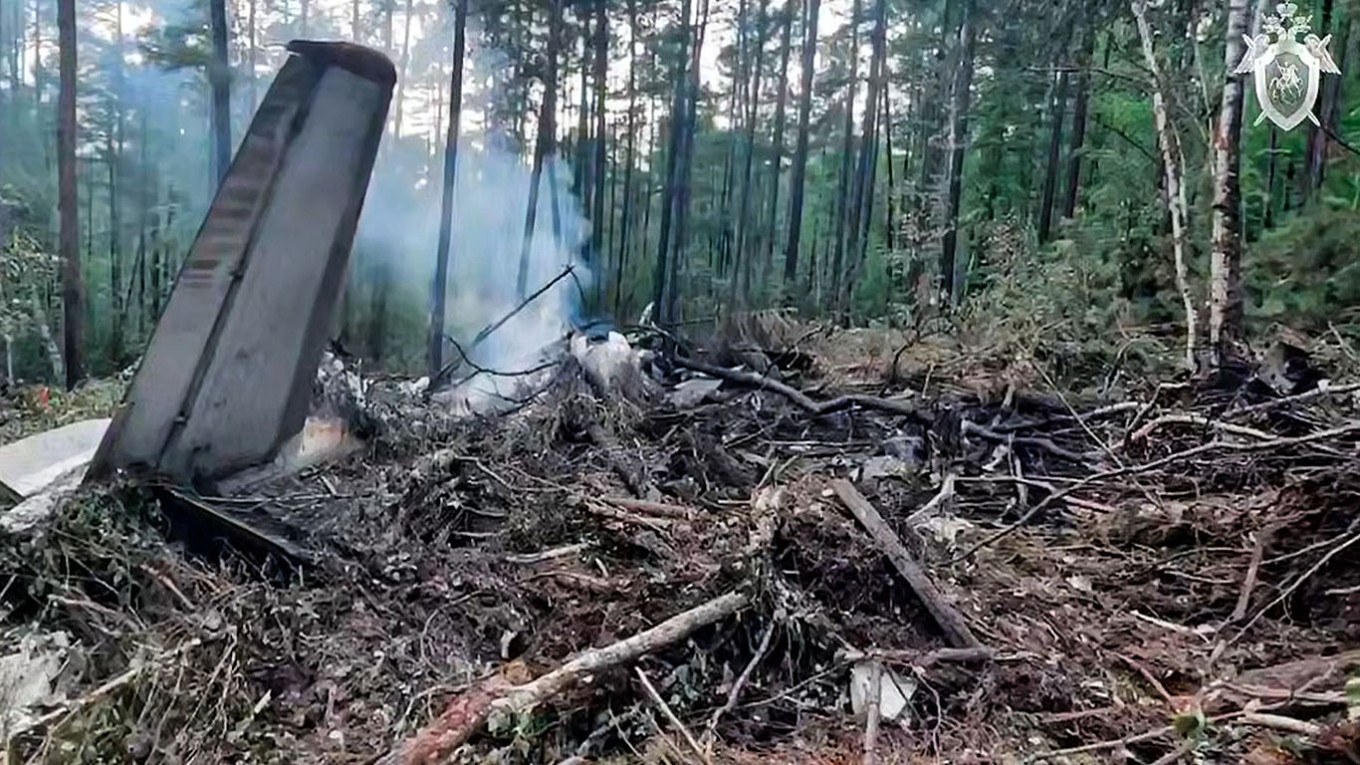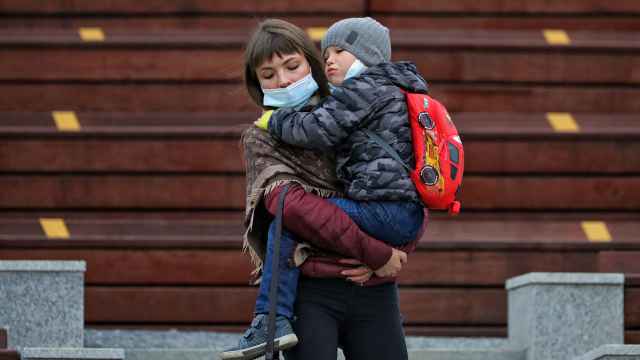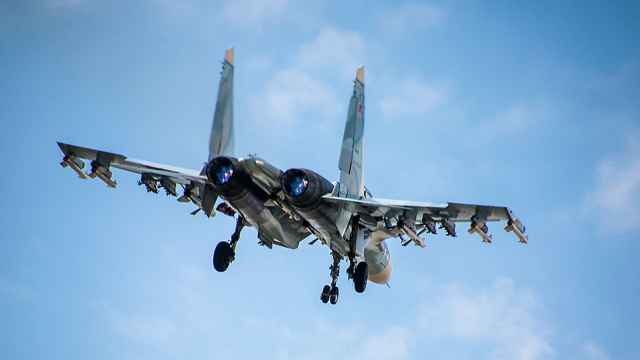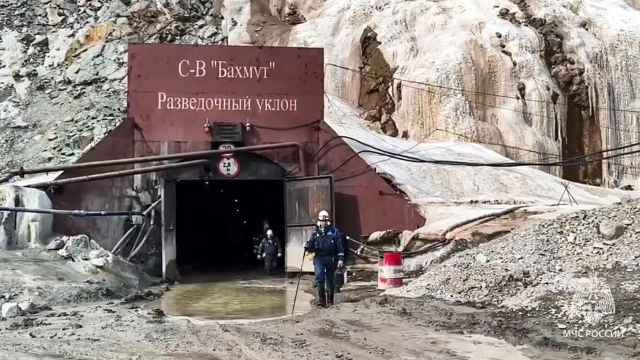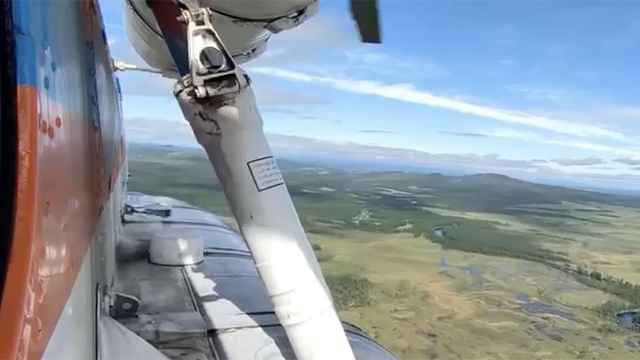Emergency crews have recovered the flight recorder of an Antonov An-24 passenger plane that crashed in Russia’s Far East, killing all 48 people on board, authorities said Friday.
The black box will be sent to Moscow for analysis as part of an ongoing investigation into the crash, according to a statement posted on the Russian government’s official Telegram channel.
The Angara Airlines flight lost contact with ground dispatchers around 1 p.m. local time on Thursday while flying several kilometers from the airport in the town of Tynda, located in the Amur region. The plane had originated in Khabarovsk, made a stop in Blagoveshchensk and was en route to Tynda.
Emergency officials said the aircraft did not issue a distress signal or report any technical issues before it disappeared from radar. Rescue teams later located the charred wreckage approximately 16 kilometers (10 miles) from Tynda, a town of less than 30,000 people.
Investigators opened a criminal probe into the crash. Russia’s Investigative Committee said its head, Alexander Bastrykin, ordered regional transportation investigators to present findings as soon as possible.
Russia’s civil aviation authority, Rosaviatsia, said it was looking into Angara Airlines to determine whether the company had complied with air safety regulations. The outcome could impact whether the airline is allowed to continue operating, the agency said.
Amur region Transportation Minister Andrei Nikitin said families of the victims would each receive 5 million rubles ($63,000) in compensation, adding that authorities were working to deliver the payments quickly.
The An-24, a Soviet-era twin turboprop aircraft, was more than 50 years old, according to civil aviation authorities cited by state-run TASS news agency. The aircraft received a renewed airworthiness certificate in 2021, which allowed it to operate through 2036.
A Message from The Moscow Times:
Dear readers,
We are facing unprecedented challenges. Russia's Prosecutor General's Office has designated The Moscow Times as an "undesirable" organization, criminalizing our work and putting our staff at risk of prosecution. This follows our earlier unjust labeling as a "foreign agent."
These actions are direct attempts to silence independent journalism in Russia. The authorities claim our work "discredits the decisions of the Russian leadership." We see things differently: we strive to provide accurate, unbiased reporting on Russia.
We, the journalists of The Moscow Times, refuse to be silenced. But to continue our work, we need your help.
Your support, no matter how small, makes a world of difference. If you can, please support us monthly starting from just $2. It's quick to set up, and every contribution makes a significant impact.
By supporting The Moscow Times, you're defending open, independent journalism in the face of repression. Thank you for standing with us.
Remind me later.


